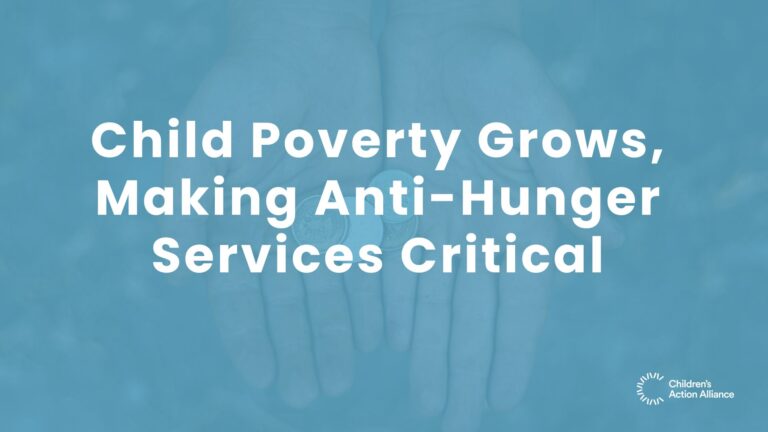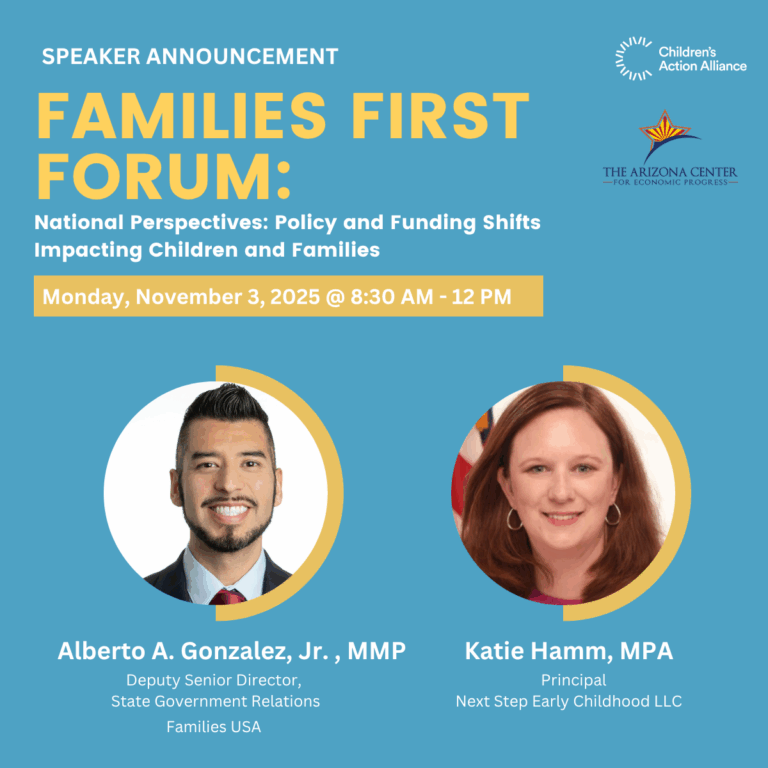
Babies and Toddlers Need Help Too!
The pandemic has raised awareness of several issues and gaps in the early childhood system that have long existed. Much focus has been placed on the needs of preschool and school aged children and the gaps in access to high quality child care, but we do not want to forget our babies and toddlers who have entered the world during this tumultuous time. To help accomplish that, earlier this month a bipartisan group of Senators reintroduced the Resilience Investment, Support, and Expansion (“RISE”) from Trauma Act. This legislation is aimed at supporting children who have been exposed to Adverse Childhood Experiences (ACEs) and trauma.
We have long known that healthy, nurturing relationships with parents and caregivers are the key to a baby’s social and emotional development, also known as infant and early childhood mental health (IECMH). Policies and programs that address promotion, prevention, and treatment can provide parents and young children with support to promote social and emotional development and prevent and treat mental health issues as early as possible. Intervening early is the key to giving all our children the best chance at success in life.
The RISE from the Trauma Act would award grants to eligible entities to establish a national network of IECMH training institutes. Additional grant funds can be used to create scholarships and other supports for trainees, with emphasis on recruiting, retention, and career placement of trainees of color, who are underrepresented in the IECMH clinical workforce. The historic legislation places an emphasis on collaboration that will reflect diverse partnerships, including Historically Black Colleges and Universities (HBCU), Tribal Colleges, and State Associations of Infant Mental Health.
Additionally, the legislation would:
- Increase funding for the Health Resources and Services Administration’s National Health Service Corps to expand the reach of available mental health clinicians in schools and community-based settings;
- Enhance trauma-informed and resilience-focused practice among general education, special education teachers, and early childhood educators;
- Enhance coordination between the Department of Health and Human Services and appropriate stakeholders with trauma-informed subject matter expertise to develop accessible and easily understandable tools for use by frontline service providers; and
- Establish a National Law Enforcement Child and Youth Trauma Coordinating Center to aid state, local, and tribal law enforcement agencies in interacting with infants, children, and families who have experienced trauma
It is fast and easy to contact your members of Congress today and let them know that you support giving young children the best chance at a healthy and successful start in life.



